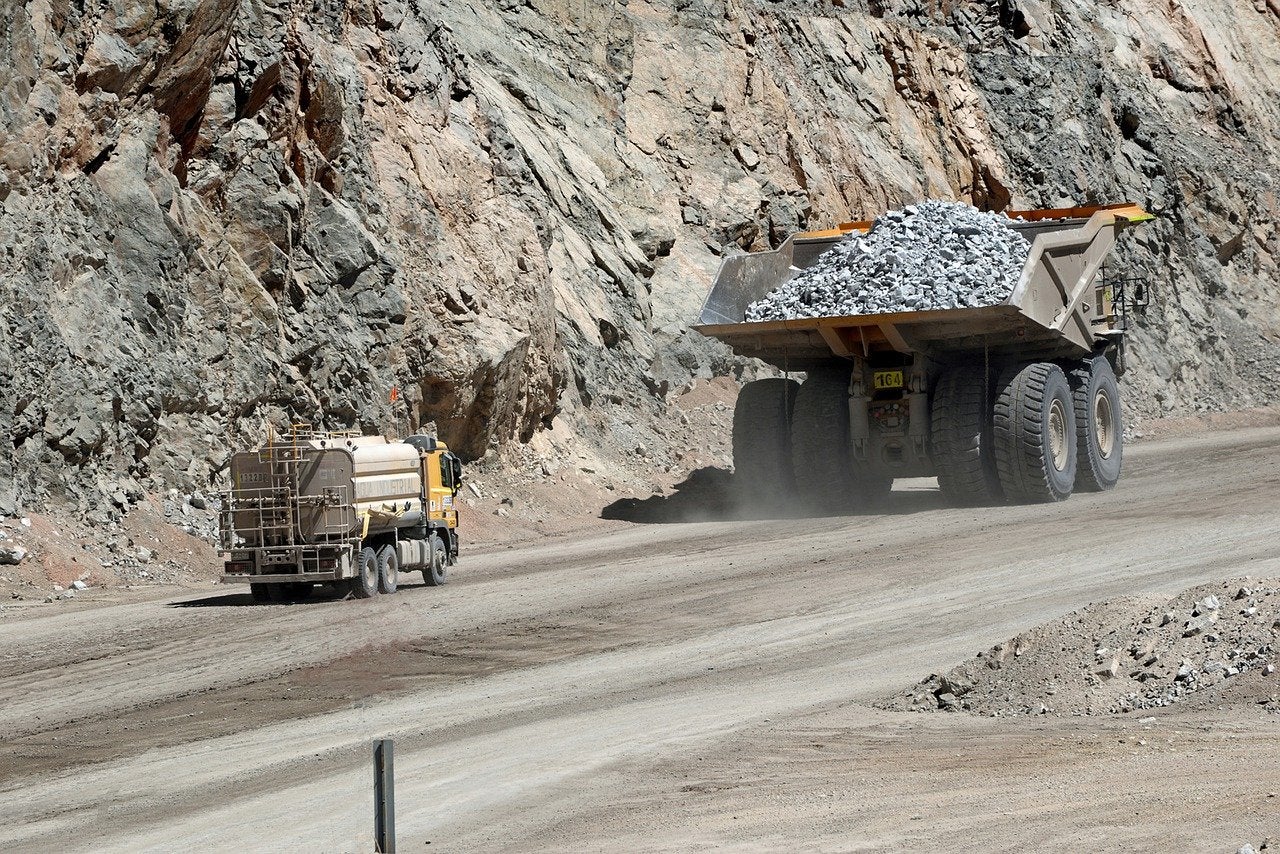
Workers at the Escondida mine in Chile have rejected owner BHP Group’s final wage offer. The Escondida mine is the biggest copper-producing mine globally, with proven reserves of 34.7 million tonnes, of which 22.5 million tonnes is estimated to be recoverable, representing 5% of the world’s supply of the metal. The mine is of critical importance to Chile, with copper production accounting for 10%-15% of the country’s GDP.
The rejection of the wage offer has prompted BHP to request government-mediated talks as a last gasp effort to prevent strike action, which could paralyse the country’s copper industry. If confirmed, the talks are likely to last five to 10 days, and if no agreement is reached, the union would call a strike.

Discover B2B Marketing That Performs
Combine business intelligence and editorial excellence to reach engaged professionals across 36 leading media platforms.
“[A strike] is the only tool that in this stage remains for the workers to press for an urgent rectification of the way things are done by the company’s administration,” the union said.
Union leaders announced that 99.5% of workers who had voted had rejected the final contract offer, indicating a wide gap between the workers and BHP. This is not the first time that the Escondida mine has been paralysed by strike action.
In 2017, a work stoppage by the union’s 2,500 workers lasted for 44 days, until workers evoked a legal provision that allowed them to revert to their previous contract. The strike ultimately caused the company to lose $740m. It also had a significant impact upon the price of copper, which rose from $6,600 to above $7,000 a tonne in July 2018. There is fear that current strike action could cause a similar rise in price.
Labour tension has been exacerbated by increasing demand for industrial metal. Copper futures have increased by 54.64% over the past year, encouraging mine workers to issue new demands.

US Tariffs are shifting - will you react or anticipate?
Don’t let policy changes catch you off guard. Stay proactive with real-time data and expert analysis.
By GlobalDataUnion officials have said that negotiations over the work stoppage failed due to a lack of progress on its main demands. The mineworkers are seeking an improved system of professional development and performance-based compensation, as well as a one-time bonus to recognise their work during the Covid-19 pandemic and education benefits for their children.
“We hope that this strong vote will be the decisive wake-up call for BHP to initiate substantive discussions to reach satisfactory agreements, if it wants to avoid a lengthy conflict that could be the costliest in the country’s union history,” the union said.
BHP, in a statement, has struck a hopeful tone in the belief that it could reach a deal with workers during government mediated talks.
“The interest of the company is always in reaching agreements with its workers, so we remain open to dialogue and to taking advantage of all opportunities available to it,” it said.
However, given the cyclical business model and the deteriorating quality of the ore, with much of the top-quality copper already mined from the site, BHP is eager to keep labor costs in check as the price of mining the ore starts to rise.





